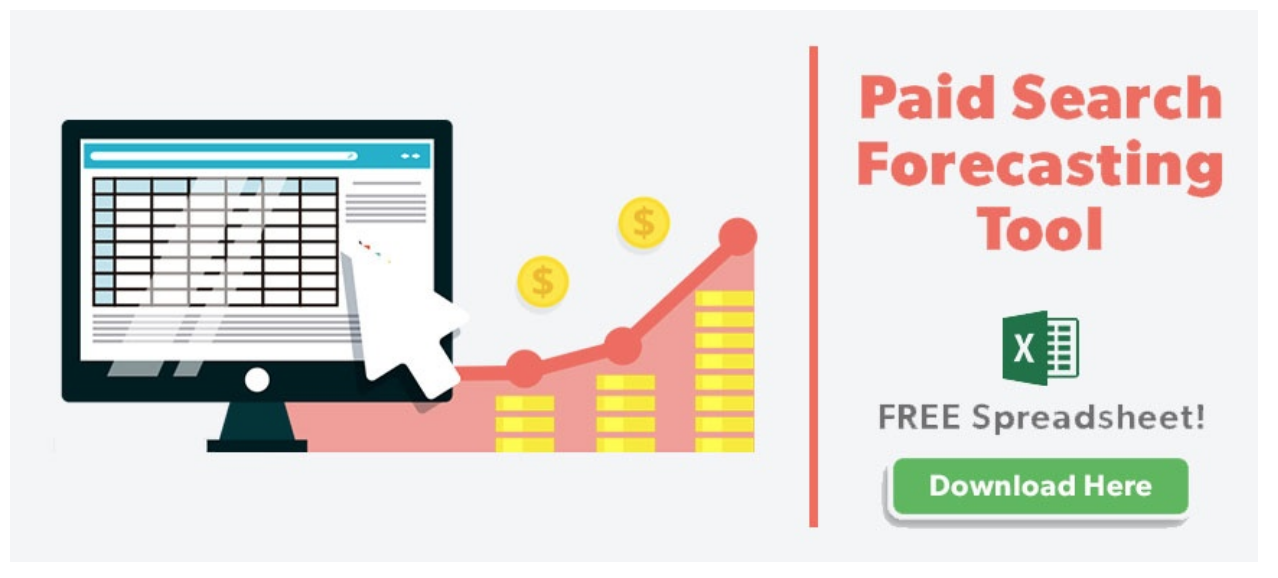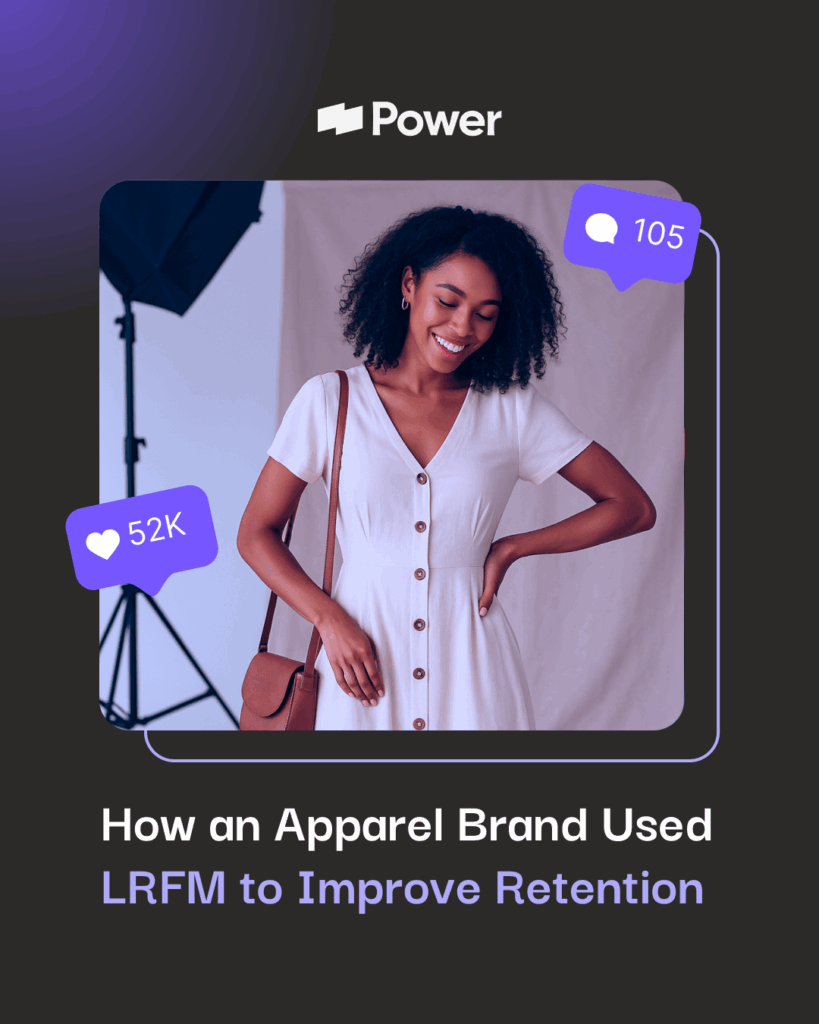Setting Goals and Objectives for Your PPC Campaign

What is PPC?
Also referred to as Cost Per Click (CPC), Pay-Per-Click advertising is something you probably see every day and don’t even know it. You know when you Google something and the first 3-4 results at the top of the page are sponsored results? Do you recall looking to the right of those results where there are pictures and links to content related to your search? That’s PPC in its natural habitat.
How Can PPC Help You Grow Your Business?
Applying the techniques of PPC can help you achieve marketing goals, other than just profits. PPC supplements goals including but not limited to: brand exposure, leads, content downloads, contests, newsletter sign-ups, website traffic and of course conversions.
When strategizing for campaigns, you need to identify your personal company objectives, and how they relate to PPC. One company may just be looking for ways to get more eyes on their website and its content. While another may be making a huge sales push.
Here are some examples of common goals:
- Increasing traffic – New companies are often looking to build brand awareness and to get their company’s face in the public eye. The great part about using PPC for this goal is that everything is highly measurable. You can set KPI’s and measure clicks. Of course, you can take it one step further by measuring the user paths after they land on your website, and then make adjustments using that data. Note: When your PPC campaign isn’t focused on sales, to keep costs low you should use broader, less expensive keywords.
- Drive Leads – Whether they’re short or long term, leads are a huge benefit of PPC campaigns. The key is to measure the users who land on your website via a PPC link, funnel them into some variety of conversion, and then apply a strategy to turn that lead into a sale. Include a logical call to action on your landing page that continues to pull consumers through the sales funnel.
- Build Brand Awareness – Display ads are a great way to have your brand appear on specific websites relevant to your industry. This implants your brand into the minds of consumers. Ultimately, you can track impressions, engagement, reach & frequency.
- Generate Revenue – PPC leads to traffic, which leads to conversions, which leads to sales. The advantage of PPC ads is that they target people who already have an interest in your product. If generating revenue is one of the goals you’re going to want to use more specific, higher priced words. The premium may be expensive, but it’s a worthwhile investment if you need to drive sales. Keep in mind that you can’t just throw money at the problem, you need to have a long-term plan and strategy tailored to your specific market and budget.
Related: How Much Does PPC Cost?
Identify Your Specific Audience
By using PPC campaigns you can get very specific with targeting. By understanding exactly who it is you want to target you can formulate a creative strategy catered to the needs of the audience. Consider the following types of audiences:
B2B vs B2C
If your PPC is B2B keep in mind the following parameters for understanding your audience:
- You’re targeting a much smaller population — your B2B buyer could be someone from any department (a CEO, an account, IT, etc).
- Your buyers do a lot of comparisons, so have a lot of credible info on hand such as white papers and case studies.
- B2B sales typically take longer — B2B PPC is a long-term investment.
- Your CTAs should be completely different. The “buy now” approach is poor B2B practice. You want to woo other businesses with information, walkthroughs, and hands-on experiences.
Repeat Customers
When targeting repeat customers, you want your PPC strategy to acknowledge that the consumer is well versed in your product. A good way to pique their interest is by targeting them with an update, new release or a lateral product.
Related: 4 Ways to Monitor Your PPC Competitors
Which Campaign Matches Your Business Goals & Audience?
To narrow down a strategy we’ve outlined a few common PPC campaign outlines to help determine what’s in line with your business needs.
A Search Campaign – Your Goals Are Search Based
You are targeting customers who are already familiar with your brand. They are knowledgeable, interested and have a degree of trust. This is called warm traffic.
OR
You’re targeting competitor customers or cold traffic that isn’t aware of your brand. You have something they want, but they’re not familiar with your brand. This type of campaign is all about driving awareness by showing off your products to people with related search inquiries.
Product Listing Ads (PLA) – Your Goals Are Sales Based
Users are familiar with your brand, but they are further along the sales funnel than search-based campaigns. By pushing PLA’s and implementing Calls-to-action, you want to drive a direct response from consumers in the sales funnel. The goal doesn’t necessarily have to be sales. You could be pushing for downloads, leads, email sign-ups, or profile registrations.
OR
Users are not familiar with your brand, so you want to bolster click-through rates to generate sales. Once they click through to your site you want to provide them with value that will get them excited about your company.
Google Display Network & YouTube
You want display ads to target customers with very specific preferences and demographic information. Placement tools (within Google Adwords) help you find the right websites to use. Display ads pop up on these websites that are partnered with Google, such as Youtube. Your goal here is to build brand awareness through a specialized website based targeting system.
OR
You want to use contextual targeting tools (within Google Adwords) to find groups of keywords that will help you target within your display network campaigns. You want to target keywords that follow the specific behaviors of your audience. The goal here is to target very specific groups of people.
Wrapping Up
Using PPC campaigns provides you with a lot of tools and multiple different avenues to help you reach your marketing business goals. But, if you don’t have a well thought out plan that matches the needs of your client, you may come up short. It’s important to strategize by being as specific as possible with your campaign. Speak the language of your audience, make adjustments based on the groups you’re targeting, and measure your progress to make sure you’re on the right track.
Ready to set up your PPC campaign, but don’t know where to start? Talk to our experts and learn more about our PPC services today.
Our Editorial Standards
Reviewed for Accuracy
Every piece is fact-checked for precision.
Up-to-Date Research
We reflect the latest trends and insights.
Credible References
Backed by trusted industry sources.
Actionable & Insight-Driven
Strategic takeaways for real results.







